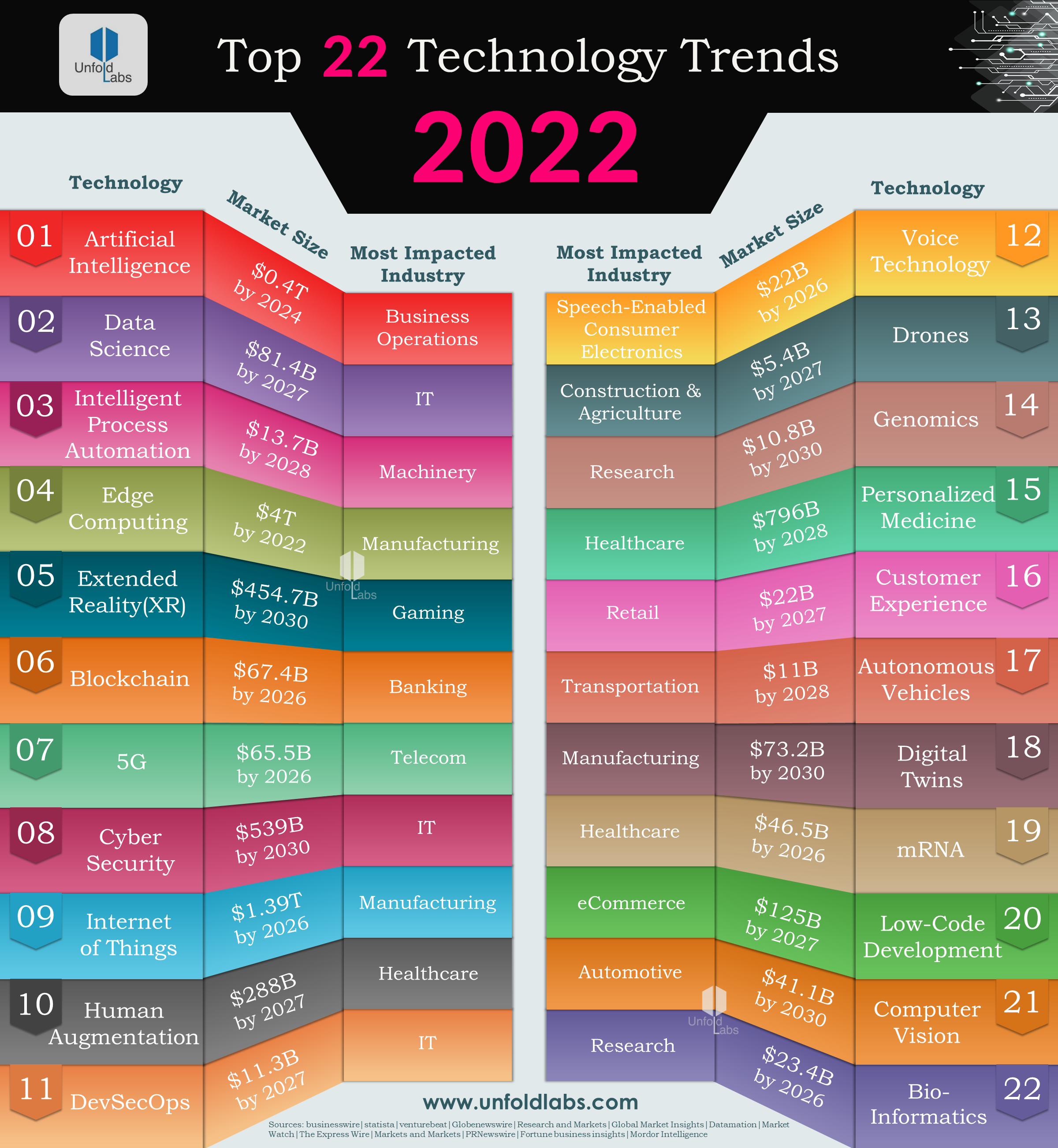Census Bureau Releases New Educational Attainment Data — from census.gov; with thanks to The Chronicle of Higher Education for this resource
Excerpt:
FEB. 24, 2022 — Today, the U.S. Census Bureau released findings from the Educational Attainment in the United States: 2021 table package that use statistics from the Current Population Survey’s Annual Social and Economic Supplement to examine the educational attainment of adults age 25 and older by demographic and social characteristics, such as age, sex, race and nativity.
Also from The Chronicle, see:
Higher Ed 101: The Credential Cluster — from futureupodcast.com with Sean Gallagher, Michael Horn, and Jeff Selingo











